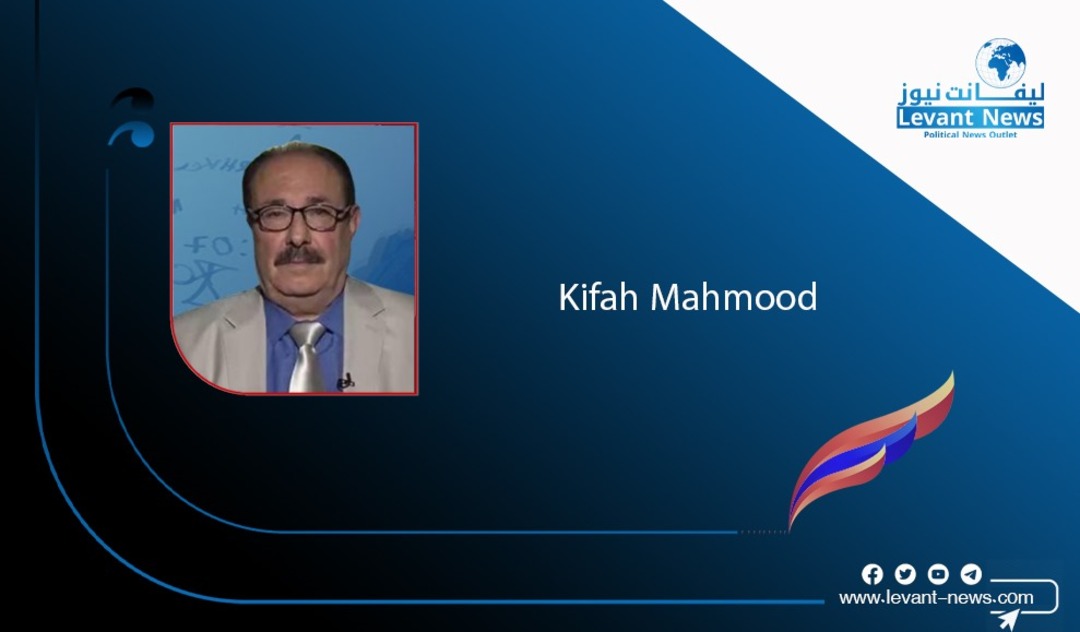-
Iraq... a Country on the Brink of Oil and Thirst

Six billion dollars are spent every month on salaries for Iraqi government employees, an amount that exceeds one-third of the country's oil revenue in some months. This is a terrifying figure for a country that relies more than 93% on oil exports as its sole source of national income, especially in the absence of an alternative plan if prices collapse or exports cease due to political or security reasons.
Since 2003, no government has succeeded in building a diversified economy or launching productive investment projects. Iraq has turned into a "salary state," not an "industrial state." Budgets are consumed by political appointments and superficial jobs, while industry, agriculture, and tourism are neglected. The investment environment is stifled by bureaucracy, corruption, and armed extortion. More dangerously, the country faces a existential water crisis, as the levels of the Tigris and Euphrates have fallen to their lowest in decades due to Turkish and Iranian dams, along with poor management of water resources domestically. UN estimates warn of the potential displacement of millions of Iraqis over the next decade if drought persists and agricultural lands become salinized, while the government remains preoccupied with sectarian quotas and power-sharing rather than facing the gravest existential threats in the country's modern history.
Meanwhile, society has been drained of its civil energies through organized militarization. Billions are spent on factions, militias, and auxiliary forces that proliferate under names like "Popular Mobilization" and other militia labels, turning into financial and security burdens. Civil competencies and economic minds capable of building the state are marginalized, replaced by weapons.
Investment, which could have been the salvation, has turned into a hostile environment. Investors find no legal guarantees, no administrative stability, and no secure security—only a complex network of corruption sharing projects as spoils. As a result, Iraq remains hostage to the price of its oil barrel; if it rises, the country breathes; if it falls, it suffocates.
Today, Iraq stands on a double-edged sword: on one side, oil that feeds the treasury with fleeting wealth; on the other, thirst that threatens millions' lives. In between, a weak political authority incapable of planning, preoccupied with power-sharing instead of saving the nation. It’s a bitter paradox: a country floating on a sea of oil, yet drowning in thirst, unemployment, and corruption. If the course does not shift towards production, investment, and good governance, everything will collapse—not only through political explosion but through comprehensive water, economic, and moral breakdown.
Kifah Mahmud
Tags
You May Also Like
Popular Posts
Caricature
opinion
Report
ads
Newsletter
Subscribe to our mailing list to get the new updates!




















